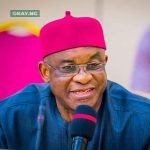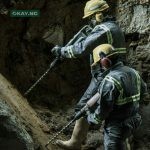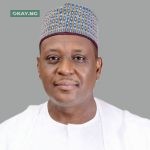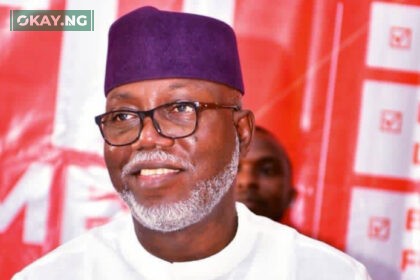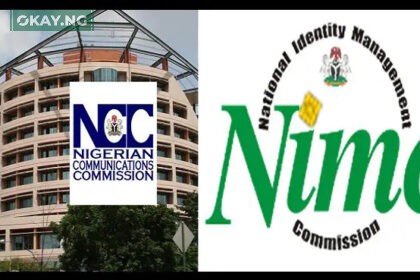Former Vice President Atiku Abubakar has called on the Taraba State Government to intensify efforts to attract both local and foreign investments to harness the state’s “vast economic potential.”
Speaking at the Taraba State Investment Forum held in Jalingo on Tuesday, Atiku emphasized that sustainable economic growth cannot rely solely on government revenue but requires robust partnerships with the private sector.
“If Taraba aspires to realise its potential and grow its economy sustainably, it must endeavour to leverage private sector resources including finance, skills and technology,” Atiku said, addressing business leaders, development partners, and senior government officials.
Atiku, who served as Vice President from 1999 to 2007 and is a businessman himself, praised Governor Agbu Kefas for hosting what he described as “a pivotal event” reflecting clear vision and ambition. He noted, “Your efforts towards promoting economic growth, prosperity, and improved living standards are clearly evident.”
Taraba, known as “Nature’s Gift to the Nation,” boasts rich natural resources, fertile land, and significant mineral deposits but remains one of Nigeria’s least industrialized states. Atiku stressed that this situation can be reversed with the right strategy and political will.
“Private investments will help bridge the resource gaps through additional external resource flows and increased internally generated revenues. They will assist the state in leveraging and maximizing the economic potential of its agricultural, industrial, and solid minerals sectors,” he added.
He highlighted that private sector investments bring technology and skills transfer, which improve productivity and competitiveness of local enterprises, alongside infrastructure development that supports long-term growth.
“At the end of the day, additional resources will allow Taraba to upgrade its social and economic infrastructure, develop human capital, and better support the poor and vulnerable,” Atiku said.
However, he warned that becoming an investment destination requires more than goodwill, stressing the need for clear, consistent, and coherent government policies. “Policy flip-flops have hindered Nigeria’s development for decades. Policy uncertainty and inconsistency deter investment by sending mixed signals to prospective investors,” he said.
Atiku urged the state to adopt targeted investment strategies with clearly defined priorities in sectors such as agriculture, infrastructure, education, health, and renewable energy. He also emphasized the importance of peace and stability, noting, “Investment capital is a coward bird and tends to avoid regions that are prone to conflicts and instability.”
He recommended empowering Taraba’s investment promotion agency to operate a one-stop shop to reduce delays and bureaucracy. Infrastructure development, including water, roads, and power, was identified as a major barrier to business, which must be addressed to create a conducive environment for industry and habitation.
On incentives, Atiku encouraged the state to maintain an “enduring incentive regime” that is accessible in practice, not just attractive on paper. He also called for massive investment in technical and vocational education to build a skilled workforce critical for economic diversification.
“Taraba should endeavour to increase investments in and prioritise Technical and Vocational Education and Training expansion,” he said, emphasizing the need for artisans, craftsmen, and mid-level technical workers to drive innovation and productivity.
Concluding, Atiku urged the government to engage communities before and after investors arrive, warning against economic decisions made without sufficient consultation that often fail midway. He encouraged participants to remain optimistic, noting, “You have in Taraba a proactive Governor who is ready to support genuine efforts to fully unlock Taraba State’s potential.”







